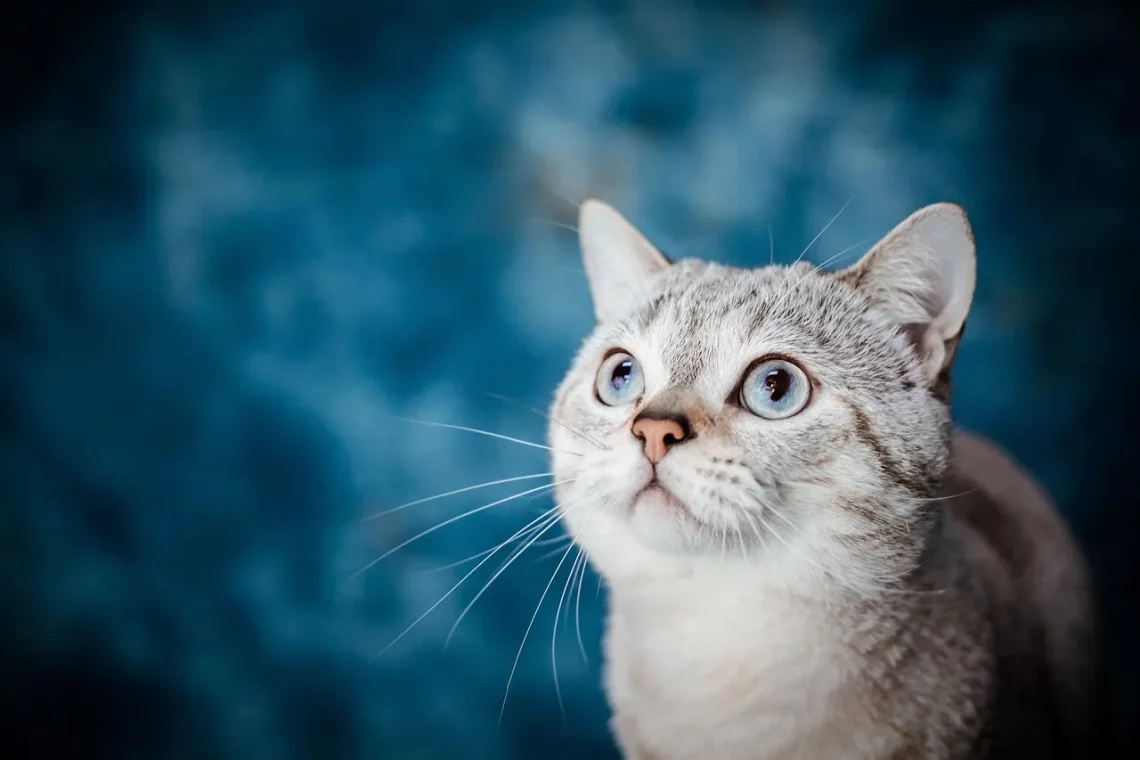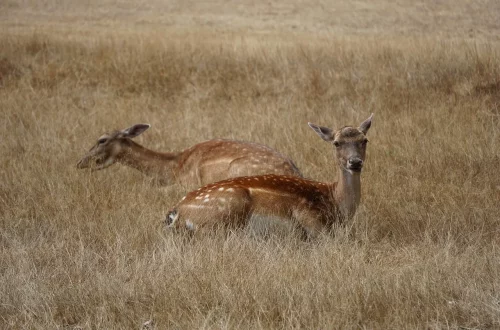
Understanding the Unique Traits of Adult Pomskies as Pets
Understanding the Unique Traits of Adult Pomskies as Pets
The Pomsky, a delightful blend of the Pomeranian and the Siberian Husky, has captured the hearts of dog lovers around the world. This designer breed is relatively new on the scene, emerging from a desire to combine the playful nature of the Pomeranian with the striking appearance and energy of the Husky. With their striking blue or multicolored eyes, fluffy coats, and playful demeanor, adult Pomskies offer a unique companionship that many find irresistible. As they mature, their personalities develop in fascinating ways, showcasing traits that can make them both endearing and challenging as pets.
While Pomskies are undeniably cute, potential owners must be aware of the responsibilities that come with raising one of these hybrid dogs. Their genetic makeup means that they can inherit characteristics from both parent breeds, leading to a wide range of temperaments and behaviors. Understanding these traits is essential for anyone considering adopting an adult Pomsky, as it will help them create a nurturing environment that caters to their specific needs. Whether you are a first-time dog owner or an experienced pet parent, delving into the unique qualities of adult Pomskies can illuminate the rewards and challenges that await.
Personality and Temperament
Adult Pomskies are known for their vibrant personalities, which can vary significantly depending on individual upbringing and genetics. Generally, they inherit the playful and energetic nature of the Husky, combined with the affectionate and sometimes stubborn disposition of the Pomeranian. This mixture often results in a dog that is both lively and loving, making them excellent companions for families and singles alike.
One notable trait of adult Pomskies is their intelligence. They are quick learners, which is a positive aspect for training. However, this intelligence can also lead to a stubborn streak. Pomskies may challenge commands if they are not motivated, which means that positive reinforcement techniques are essential in their training. Consistency is key; setting clear rules and boundaries will help them understand what is expected of them.
Socialization is another critical aspect of a Pomsky’s personality. These dogs thrive on interaction, and early socialization with people and other animals is crucial to help them develop a well-rounded character. If not properly socialized, they may become shy or overly protective, leading to behavioral issues. Engaging them in various activities, exposing them to different environments, and encouraging play with other dogs can help mitigate these risks.
Moreover, Pomskies are known for their strong bond with their families. They are affectionate and often seek companionship, making them ideal for those who desire a loyal pet. However, this attachment can lead to separation anxiety if they are left alone for extended periods. To combat this, it is beneficial to gradually acclimate them to alone time and provide engaging toys or puzzles to keep them occupied.
In summary, the personality and temperament of adult Pomskies make them unique companions. Understanding their playful yet stubborn nature, the importance of socialization, and their need for companionship can help potential owners create a loving and supportive home for these delightful dogs.
Physical Characteristics and Care Requirements
Adult Pomskies are visually striking dogs, often inheriting the best traits from both their parent breeds. They typically have a thick double coat that can vary in color from black and white to gray and tan, often displaying beautiful markings. Their size can also differ, usually ranging from 20 to 30 pounds, depending on whether they take more after the Pomeranian or the Husky parent.
Grooming is an essential aspect of caring for a Pomsky. Their thick fur requires regular brushing to prevent matting and reduce shedding, especially during seasonal changes when they “blow” their coat. A good quality brush and a consistent grooming schedule will help maintain their coat and keep it healthy. Bathing should be done as needed, which is typically every few months unless they get particularly dirty.
In terms of exercise, adult Pomskies have high energy levels and require regular physical activity to stay healthy and happy. Daily walks, playtime in the yard, and mental stimulation through toys and puzzles are vital. Keeping them engaged not only helps with their physical health but also assists in reducing behavioral issues that may arise from boredom.
Additionally, regular veterinary check-ups are crucial to monitor their health and catch any potential issues early. Like all breeds, Pomskies can be prone to specific health concerns, including hip dysplasia and eye problems. Staying informed about these risks and maintaining a healthy diet can contribute to their overall well-being.
In conclusion, the physical characteristics of adult Pomskies come with specific care requirements. Understanding their grooming needs, exercise levels, and health considerations is essential for potential owners to provide the best care possible for their furry companions.
Training and Socialization Techniques
Training an adult Pomsky can be a rewarding experience, but it comes with its set of challenges. As intelligent and energetic dogs, they thrive on mental stimulation, making training an excellent opportunity to bond while teaching them essential skills. However, their stubbornness can pose obstacles if not managed correctly.
Positive reinforcement is the most effective training method for Pomskies. This approach rewards desired behaviors with treats, praise, or playtime, encouraging them to repeat those actions. Harsh training methods can lead to fear and anxiety, which can exacerbate behavioral issues. It’s important to remain patient and consistent, as adult Pomskies may take time to learn commands fully.
Socialization is a crucial element of training. Introducing your Pomsky to various environments, people, and other animals can help them become well-adjusted adults. Early socialization is key; however, it is never too late to start. Gradually exposing them to new experiences ensures they grow into confident, friendly dogs. Puppy classes or obedience courses can be beneficial for both training and socialization.
When it comes to leash training, Pomskies may exhibit a strong prey drive, especially if they inherit traits from the Husky side. Teaching them to walk politely on a leash is essential for enjoyable outings. Using a harness can help control them better, reducing strain on their necks and making walks more comfortable.
In summary, training and socialization are vital components of raising an adult Pomsky. By employing positive reinforcement techniques and providing ample social opportunities, owners can foster well-behaved and happy companions.
Health Considerations for Adult Pomskies
Health considerations are paramount for any pet owner, and adult Pomskies are no exception. As a hybrid breed, they can inherit health issues commonly found in both Pomeranians and Huskies. Being aware of these potential problems is crucial for ensuring a long and healthy life for your Pomsky.
One common concern is hip dysplasia, a genetic condition that affects the hip joint and can lead to arthritis. Regular vet check-ups and maintaining a healthy weight can help mitigate this risk. Additionally, providing your Pomsky with joint supplements can support their overall joint health, especially as they age.
Eye problems are another concern, particularly progressive retinal atrophy (PRA), which is more prevalent in both parent breeds. Regular veterinary eye exams can help catch issues early, allowing for better management and treatment options if necessary.
Dental health is also vital for adult Pomskies, as small breeds like Pomeranians are prone to dental disease. Establishing a dental care routine that includes regular brushing and dental treats can help maintain their oral hygiene and prevent more serious health issues down the line.
Lastly, proper nutrition plays a critical role in the health of your Pomsky. Feeding them high-quality dog food that meets their specific nutritional needs based on age, size, and activity level is essential. Consulting with a veterinarian can guide you in selecting the best diet for your furry friend.
In conclusion, being proactive about health considerations is crucial for adult Pomskies. Regular veterinary care, awareness of potential hereditary conditions, and a focus on proper nutrition and dental hygiene can help ensure that your Pomsky lives a happy and healthy life.
**Disclaimer:** This article is for informational purposes only and does not constitute medical advice. For any health-related concerns regarding your pet, please consult a qualified veterinarian.




